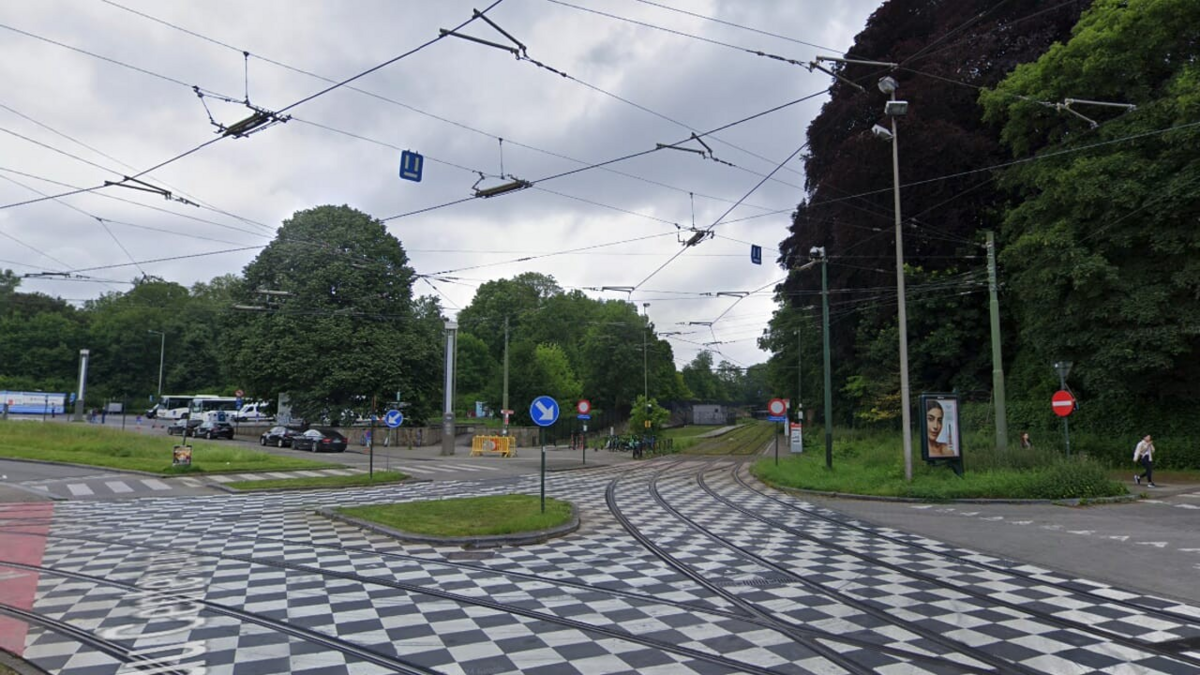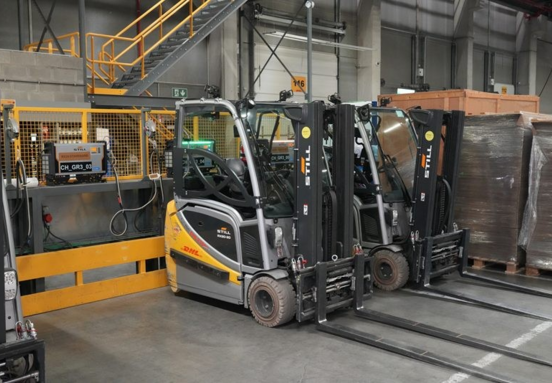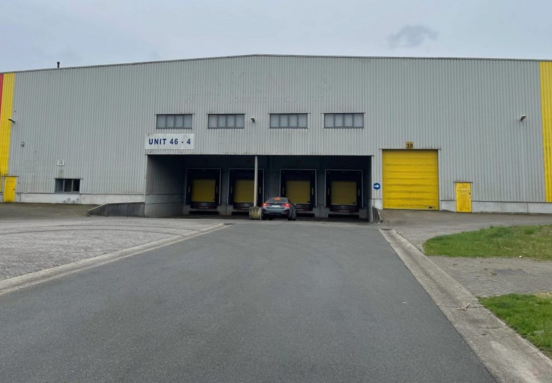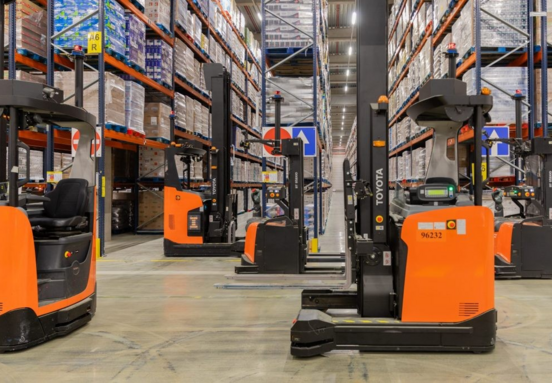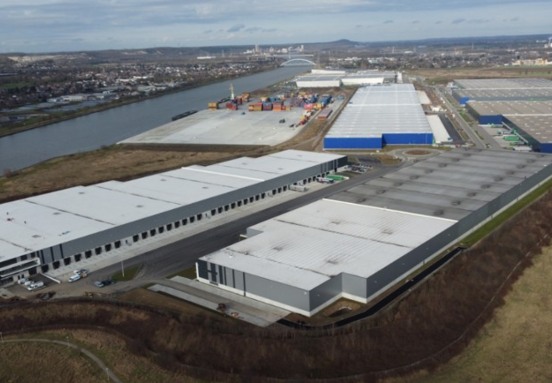Brussels' public transport company, STIB, is embarking on a significant project in Laeken's bustling Heysel district: a new tram depot near the Saint-Lambert station.
This development, aimed at enhancing transport frequency for major events at the Heysel and Palais 12, and accommodating a growing fleet of 400 trams, underscores a critical trend for businesses: the increasing demand for strategic industrial and logistics space within the Brussels Capital Region.
Laeken's Heysel district: a prime location for business expansion
The choice of Laeken for this major STIB investment is no coincidence. The Heysel area, already a hub for international events and exhibitions, offers unparalleled connectivity and visibility. Businesses in logistics, distribution, event support, or those requiring easy access to the city center and major transport arteries, will find Laeken's evolving infrastructure highly attractive.
The STIB project itself signifies a commitment to improving public transport links, which in turn enhances accessibility for employees and clients alike, making the area increasingly viable for commercial and industrial operations.
Rising demand for industrial & logistics facilities in Brussels
STIB's rationale for a new depot—its current facilities are saturated and its fleet is expanding—mirrors a broader challenge faced by many businesses in Brussels: the scarcity of adequate, strategically located industrial and warehouse space. This internal demand from a major public entity highlights a robust market.
For private enterprises, this indicates a strong underlying need for modern, efficient logistical hubs within the city, suggesting potential for new developments or redevelopments in areas like Laeken that boast existing infrastructure and future-oriented planning.
Navigating development: environmental considerations and future potential
While the STIB project faces opposition from local residents concerned about the removal of nearly 200 trees and the impact on a "green lung," this public discourse also reveals opportunities. The debate over land use, ecological continuity, and the suggestion of innovative solutions like covered or vegetated depots, points towards a future where industrial and logistics facilities in urban areas will need to be increasingly integrated and environmentally sensitive.
For businesses, this means considering sustainable design and community engagement as integral parts of any new development. The ongoing public inquiry until mid-November represents a crucial period for understanding the future landscape of urban industrial planning in Brussels.
The future of commercial real estate in Brussels' North
The proposed STIB tram depot is more than just a transport infrastructure project; it's a barometer for the evolving commercial real estate market in Brussels' northern districts. Laeken, particularly the Heysel area, is positioning itself as a strategic location for businesses seeking modern warehousing, efficient logistics centers, and well-connected commercial spaces.
As Brussels continues to grow and adapt, understanding these key developments is crucial for businesses planning their next strategic move in the Belgian capital.
Source: bruxellestoday.be
